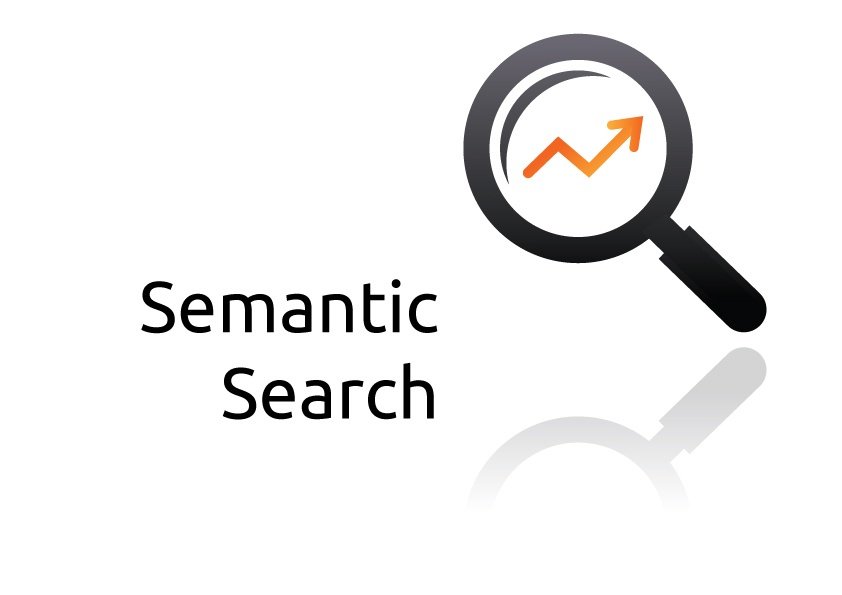Semantic search can help you better target your customer in light of advancing search technology.
The way search engines work is changing; people can look for and find information in a more intuitive way. This type of semantic search is quickly taking over from previous types of searching, and the way that people are searching has caused search engines to evolve and adapt. Algorithms are becoming better and more accurate, and in turn there’s a shift away from webpage rankings that are based only on keywords. AI systems like Google’s RankBrain are learning what people actually want when they search for certain terms, and the difference between varying wordings of questions.
Voice searching is also starting to factor heavily into how these algorithms process information. More people are asking Alexa, Siri, and other voice assistants to help them find what they’re looking for. This means that search engines need to understand natural language, but it also means that marketers need to be able to predict the kinds of questions that their potential customers will be asking. Instead of just typing “Chicago plumbers” into Google, consumers are just as likely to ask Siri, “which Chicago plumbers specialize in toilet repairs?”
So this is where it’s essential that marketers start thinking like their customers. Semantic search returns results based not only on keywords, but also on contextual meaning and user intent. There’s a heavy emphasis on the question-and-answer dynamic that is so central to how human brains seek information, so this should be strongly reflected in your website content. Consider all the main questions for which your company either has the answer, or is the answer, and create content that is driven by answering those key questions. This could include how-to guides and FAQ-style answers to popular questions, but it can also include things like price guides or explanations of the finer points of what your company actually does.
When setting up your keyword strategy, it’s no longer enough to just focus on your primary keywords. You also need to think about the semantic context of those keywords, and the sorts of questions and sentences that people might be forming when speaking to a search engine. To go back to the plumbing scenario, for example, people might be asking about things like “flooded basement,” “bathroom remodeling” or even “rusted pipes.” Think about the problems that your customers bring to you, and be ready to solve those problems in your keyword strategy.
To get started optimizing for semantic search, try out LSI graph, a simple and free tool that will walk you through the process of latent semantic indexing and familiarize you with how semantic search works in a practical context.
Cogo Interactive is an award-winning digital marketing agency specializing in online marketing strategy, web design, SEO and social media marketing. We work with clients in Virginia, Maryland, Washington, DC and nationally.
{{cta(‘bdf99d2c-b559-4749-b565-7b206e77e977′,’justifycenter’)}}







